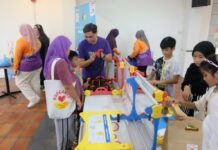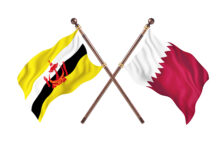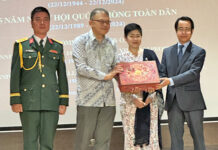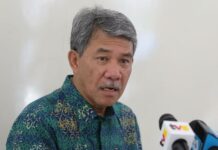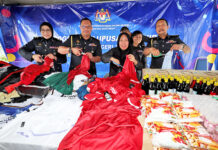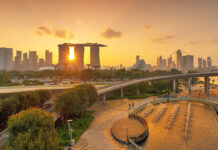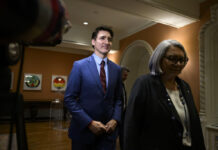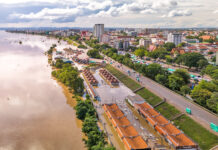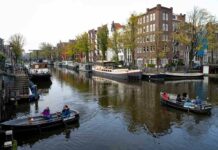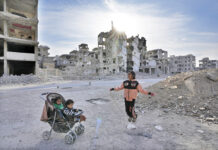ANN/THE KATHMANDU POST – The Trekking Agencies Association of Nepal President Khum Bahadur Subedi is breathing a big sigh of relief as the Omicron caseload is down.
Nepal’s trekking industry, a key sector that generates tens of thousands of jobs, disintegrated as the country remained under the pandemic’s grip for two consecutive years.
Industry insiders said hundreds of trekking guides were forced to switch to other professions as the tourists did not return. But with Omicron cases ebbing, hopes of a revival are rising.
Nepal on Thursday reported 570 coronavirus cases in the last 24 hours, taking the nationwide infection tally to 974,857, after crossing 12,000 daily cases on January 20.
As of Thursday, the fully vaccinated rate had reached 57 per cent of the 29.19 million population, according to the Health Ministry.
“We are soon entering the spring of 2022 now. That’s one of our busiest seasons. There are hopes that the industry will receive modest arrivals because inquiries are starting to come,” said Subedi.
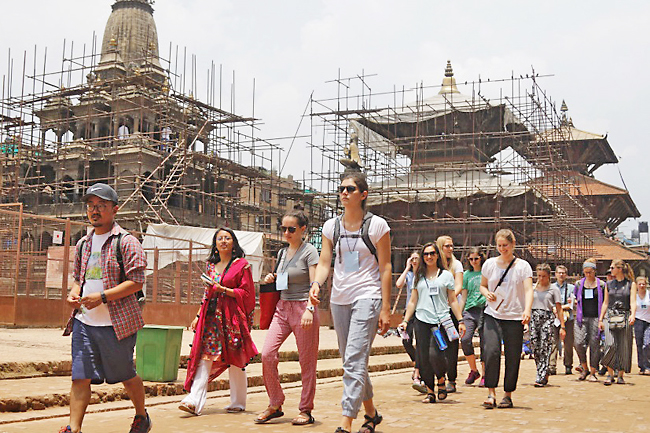
As Omicron infections taper off, after an initial spike, a number of countries are recalibrating their travel rules. But industry insiders fear that Nepal, mired in a political controversy, can do little or nothing to draw tourists, a major foreign currency source.
The country’s economy is suffering due to low output after tourism collapsed. Its foreign exchange reserves too are depleting at a fast pace.
“Someone has to understand the gravity of the situation,” Buddha Air Managing Director Birendra Basnet told the Post. “Tourists will travel if they find it easy to visit. If we act late, we could be a loser,” added the chief of the country’s leading private airline.
Basnet said that with almost all countries removing mandatory RT-PCR testing for travellers, there is no logic in Nepal sticking to it.
Many countries are removing Covid-19 pre-departure testing for vaccinated air travellers.
In the United States (US), the International Air Transport Association (IATA), in partnership with international aviation and travel and tourism stakeholder groups, urged the American government to remove the pre-departure testing requirement for fully vaccinated air travellers flying into the country.
The European Union (EU) recommended that its member states remove Covid-19 travel restrictions for travel within the bloc.
The United Kingdom (UK) announced the removal of Covid-19 pre-departure testing for vaccinated air travellers to enter the country.
From February 11, arrivals at UK airports will require only a passenger locator form. With the removal of testing, the average family can save around GBP100 on their travel plans to Britain, said the UK government.
The expensive PCR tests in the UK had attracted the ire of frequent travellers as well as major aviation bodies, which argued that the testing regime was further dampening air travel demand.
Bahrain, Sweden, Greece and Portugal and most Scandinavian countries announced doing away with pre-departure Covid-19 tests for vaccinated travellers.
Nepal’s next door neighbour India dumped pre-departure RT-PCR testing for fully vaccinated travellers from February 14.
Last week, India said that passengers from “over 80 countries” would be allowed to travel to the country with just a negative RT-PCR test report or a certificate of completing the primary vaccination schedule.
Thailand also announced easing entry requirements for vaccinated visitors from all countries from February as concerns about the Omicron variant of the coronavirus decline.
“Obviously, if Nepal removes the RT-PCR test report requirement and looks for a certificate of completing the primary vaccination, it could be the way forward to a faster tourism recovery,” Subedi told the Post.
Calls are growing louder in Nepal to remove the stressful RT-PCR testing for travellers.
The Airline Operators Association of Nepal issued a press statement on Thursday requesting the government to remove the RT-PCR testing requirement and the need to fill out the travellers form of the Covid-19 Crisis Management Centre.
In Nepal, the spill over of tourism income is huge, according to Basnet. It benefits hotels, restaurants, airlines, trekking, mountaineering, handicraft and small and micro enterprises, he said.
“With Omicron receding, we are expecting Indian travellers in large numbers this spring season. If we ease restrictions, the industry may recover to pre-COVID levels soon,” said Basnet. “IATA said the experience of Omicron has made it clear that travel restrictions have little to no impact in terms of preventing its spread.”
The country’s tourism season will begin next month with foreigners planning to trek in the Himalaya. The major attraction in the spring is climbing Everest.
Hotels, the biggest loser in the last two years, also have big expectations.
“In terms of business, 2022 is not going to be as good as 2019. But we are hopeful,” Ashish Chaloo, general manager of The Everest Hotel, told the Post. “If everything goes as planned and with no new COVID variant, we are expecting a full recovery of occupancy by the end of 2022 or early 2023.”

